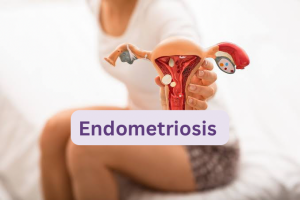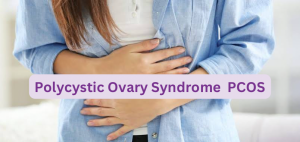Signs You May Be Suffering From Endometriosis

Endometriosis is a common gynecological condition that affects millions of women worldwide. It is a condition in which tissue similar to the lining of the uterus grows outside of the uterus, causing pain and discomfort. The symptoms of endometriosis can vary from person to person, but there are some common early signs that women should be aware of.
1. Painful Period
Painful menstrual periods, also known as dysmenorrhea, is a common symptom of endometriosis. The pain is usually located in the lower abdomen and may last for several days.
2. Painful Bowel Movement/ urination
Women with endometriosis may experience pain during bowel movements or urination, especially during their periods.
3. Painful Ovulation
Some women with endometriosis may experience pain during ovulation, which is when the ovary releases an egg.
4. Infertility
Endometriosis can also cause infertility or difficulty getting pregnant. This is because the tissue that grows outside of the uterus can block the fallopian tubes or interfere with the implantation of a fertilized egg.
Read also: Endometriosis- Causes, Symptoms, Treatment.
5. Pain during Intercourse
Pain during sex, also known as dyspareunia, is a common symptom of endometriosis. The pain may be deep or superficial and can last for several hours after intercourse.
6. Heavy Bleeding
Women with endometriosis may experience heavy bleeding during their periods, which can cause fatigue and anemia.
7. Digestive Issues
Endometriosis results to digestive issues such as bloating, constipation, diarrhea, or nausea.
8. Urinary Tract Infection (UTI)
Women with endometriosis may be at a higher risk of developing UTIs due to the inflammation and scarring caused by the condition.
9. Mood Swings
Hormonal imbalances caused by endometriosis can lead to mood swings, irritability, and depression.
It is important to keep in mind that these symptoms may be caused by other conditions as well. Therefore, it is important to consult with a healthcare provider to rule out other potential causes and get an accurate diagnosis. If you have any concerns about your menstrual cycle or reproductive health, it is recommended to schedule a visit with your healthcare provider to discuss your symptoms and get appropriate treatment.







